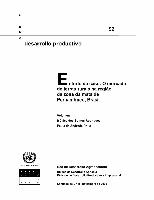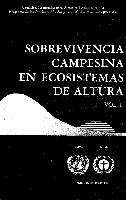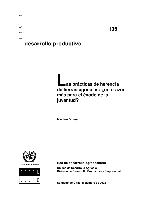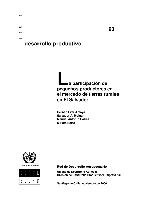Assessing the relationship between land tenure issues and land cover changes around the Arabuko Sokoke Forest in Kenya
Land as an essential resource is becoming increasingly scarce due to population growth. In the case of the Kenyan coast, population pressure causes land cover changes in the Arabuko Sokoke Forest, which is an important habitat for endangered species. Forest and bushland have been changed to agricultural land in order to provide livelihood for the rural population who are highly dependent on small-scale farming. Unclear land rights and misbalanced access to land cause uncontrolled expansion and insecure livelihoods.







